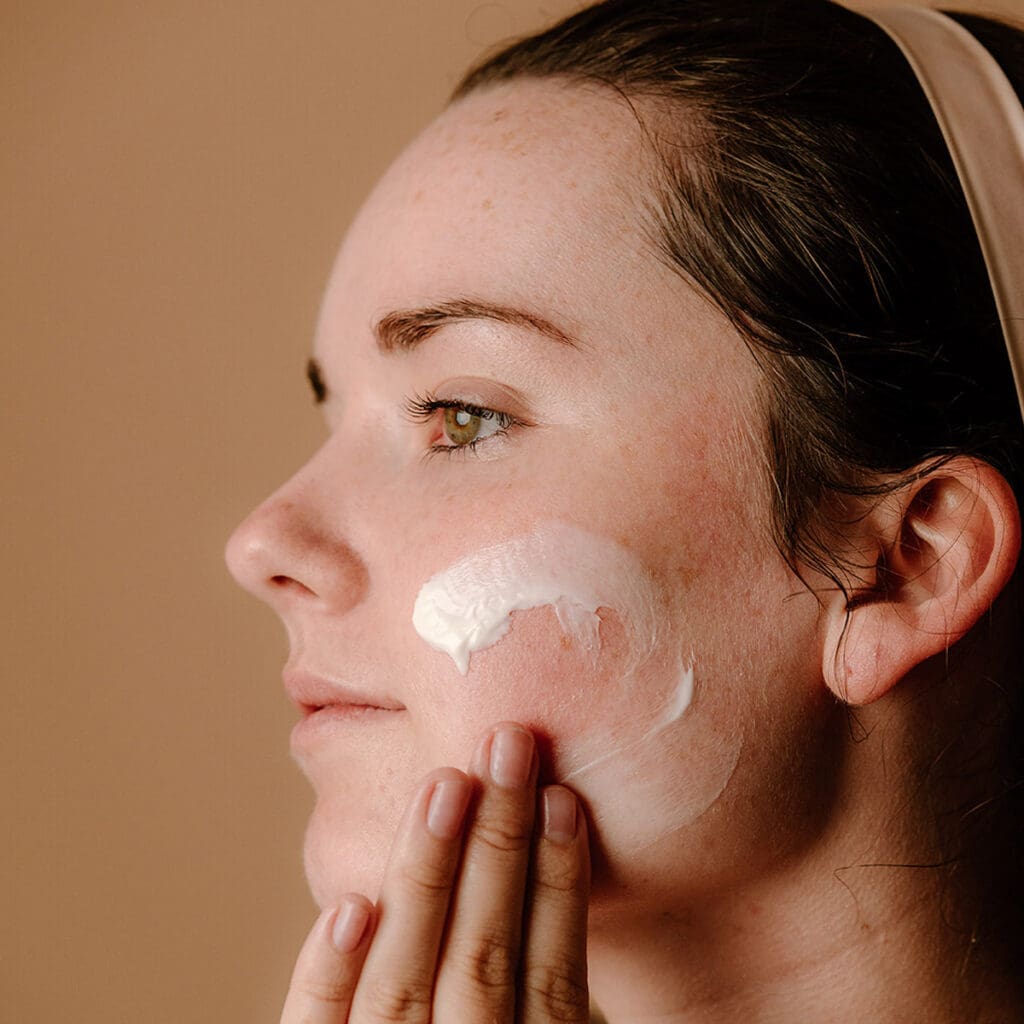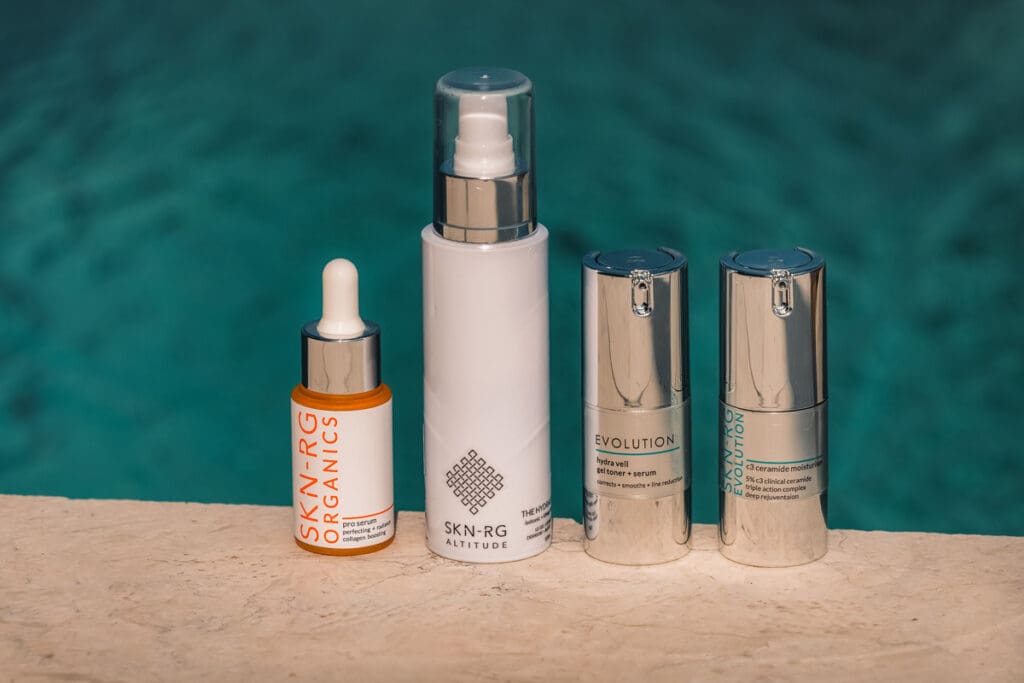Free shipping within NZ over N$150 and AUS over A$350. Shipping to AUS from A$9.90.
Free shipping within NZ over N$150 and AUS over A$350. Shipping to AUS from A$9.90.


Less Humidity in the Air
Cold air holds less moisture than warm air — and indoor heating dries the air even more. With less ambient humidity, water evaporates faster from your skin, leaving it dehydrated.
Your Barrier Is Under Stress
Sudden changes from cold outdoor air to warm indoor environments weaken your skin’s outermost layer — the stratum corneum. This leads to trans-epidermal water loss (TEWL), where hydration escapes through the skin’s surface.
Sebum Production Slows Down
Your skin naturally produces less oil in cold weather. While this might sound like a plus, sebum actually helps trap moisture and keep your barrier strong. Without it, hydration is harder to maintain.

Dryness
Low humidity, reduced oil, weakened barrier
Humectants, emollients, occlusives
Dullness
Slower cell turnover
Lactic acid, glycolic acid, fruit enzymes
Flaking & Texture
Buildup of sluggish skin cells
Gentle exfoliants like enzyme peels
Sensitivity
Compromised lipid barrier
Ceramides, niacinamide, nourishing plant oils
A winter routine doesn’t need to be complicated — it just needs to be barrier-first and hydration-focused.
Avoid foaming or stripping cleansers. Choose cream or oil-based cleansers that respect your barrier.
Our recommendations
Swap physical scrubs for gentle chemical exfoliants like lactic acid or fruit enzymes.
Our recommendations
Apply serums with humectants (e.g. hyaluronic acid, plant sugars), followed by moisturisers that lock in hydration.
Our recommendations
Layer over your serum with an oil or balm to prevent TEWL and soothe the skin.
Our recommendations
UV rays are still present, even on cloudy days. Daily sun protection helps prevent long-term barrier damage.
Hyaluronic acid is a brilliant hydrator — but only if your skin barrier is healthy. When your barrier is compromised (which is common in winter), hyaluronic acid can actually draw moisture up from the deeper layers of your skin and into the dry air — increasing water loss instead of helping.
To get the benefits without the drawbacks, always apply hyaluronic acid on damp skin and follow it with a moisturiser or oil that seals it in. Think of it as part of a hydration layering strategy, not a standalone fix.
Supporting your skin through winter doesn’t have to be complicated — it just takes the right formulas, layered in the right way. At Ilu Hub, we’ve curated a collection of barrier-supporting, hydration-boosting favourites from trusted natural brands we love and use ourselves.
More posts on these topics:
Stay updated with our latest skincare insights and news.
Subscribe to receive our newest blog posts directly in your inbox